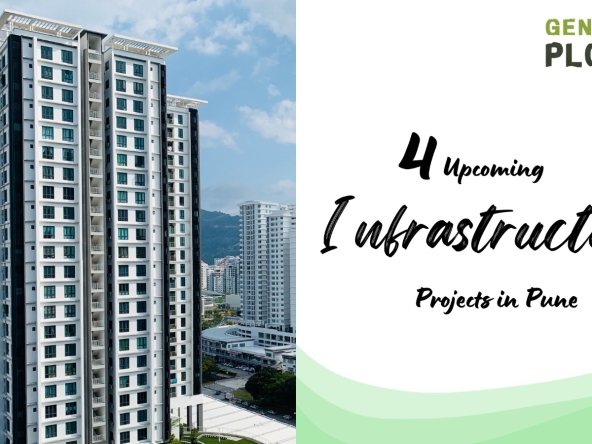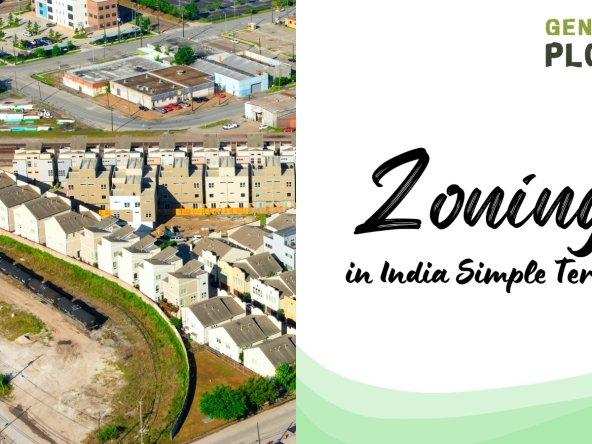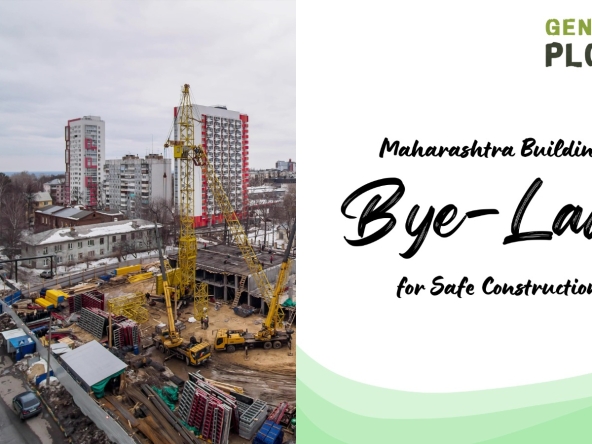Tips for building homes on invested land in India
Land is limited
The land supply is limited, but the need for land is ever-increasing. Due to its limited supply, the land price and demand have only been going up. Like gold and equity, land prices have not experienced volatile changes.
Pros and cons of investing in land
Pros
- – Land is a tangible asset with a finite supply, which can make it a safe and stable investment.
- Land appreciates over time, providing potential for capital gains and passive income through renting.
- Land can be used for farming or real estate development
- – No gap between purchase and possession
- No maintenance cost
Cons
- Land investment is illiquid.
- It is often capital-intensive and requires significant money to make the initial purchase.
- The value of land is subject to market fluctuation.
- The return on investment can take a lot of work.
- No tax benefit on land investment.
Things to do before buying land in India
If you buy land to build a home, ensure the land parcel has all the necessary documents and permissions. Check the land conversion norms if you are buying it for commercial development. If it is for recreational purposes and livestock development, check out the permits and other documents.
Consider the availability of basic utilities like electricity, water supply, land’s annual tax obligations, and connectivity to the nearest civic amenities and communities.
Land may not generate a solid capital gain when sold. Tips for building homes on invested land in India
Conduct a site survey: Before beginning construction, conduct a thorough site survey to assess the land and its suitability for building.
Check local zoning regulations: Ensure that the land is zoned for residential construction and meets all local regulations.
Secure necessary permits: Obtain all the required permits and approvals from local authorities, including building permits, environmental clearance, and fire safety clearance.
Consider utilities– Ensure that adequate water, electricity, and sewage facilities are available or can be easily provided to the site.
Plan for access- Plan for access to the site, including roadways and bridges.
Hire a reputable contractor: Hire a reputable contractor with experience in building homes and carrying out construction efficiently and to a high standard.
Use appropriate materials: Use appropriate building materials that suit the local climate and meet building codes.
Consider sustainability – Consider sustainable building practices like using energy-efficient features and using locally-sourced materials.
By following these tips, you will get clarity and eventually own a piece of land perfect building your dream home.




